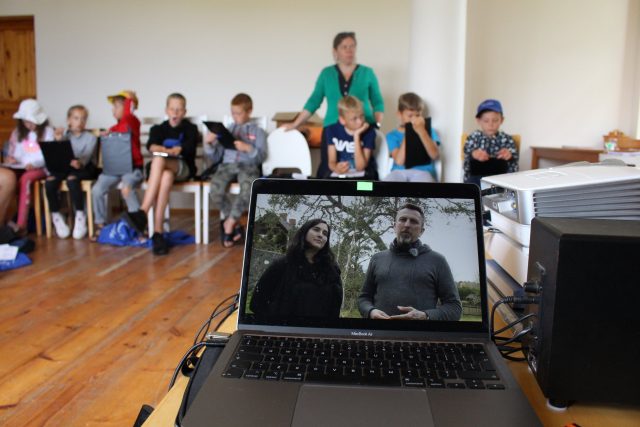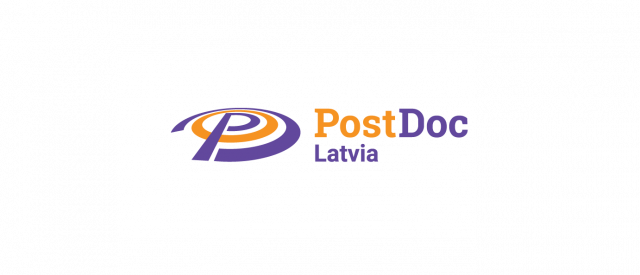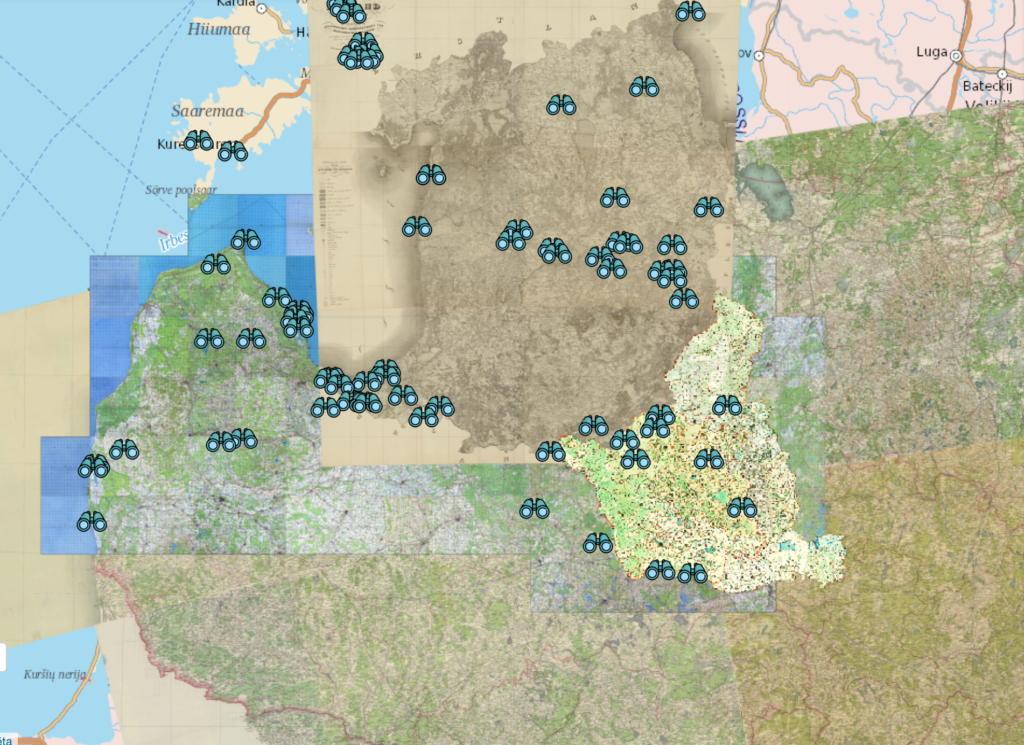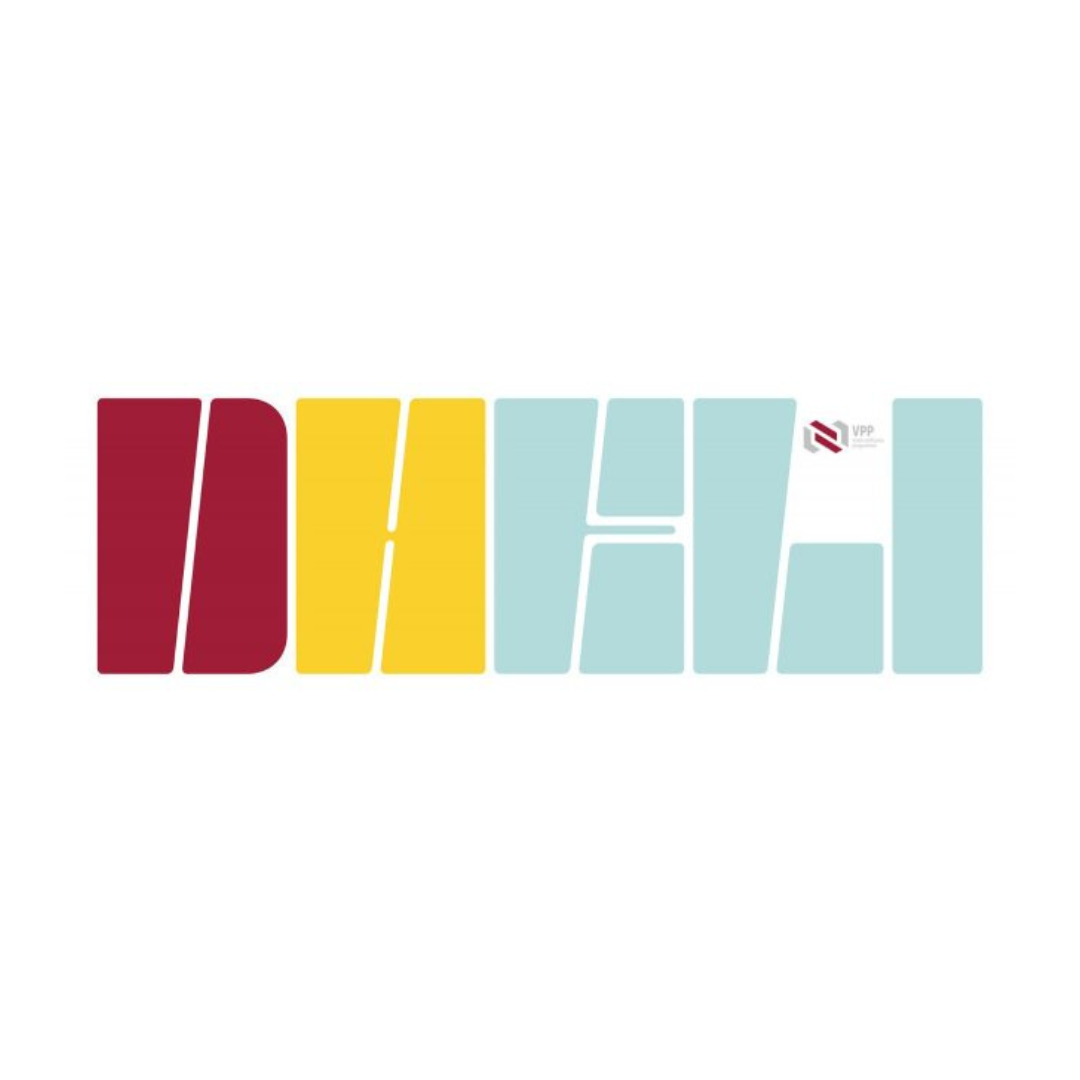Postdoctoral research support project
Nr. 1.1.1.2/VIAA/3/19/527
(2020–2022)
The goal of this project is to use the situation and needs of Livonian – Latvia’s other indigenous language and also Europe’s most endangered language – along with the experience of other endangered languages to determine the principles for modifying the Council of Europe Common European Framework of Reference for Languages (CEFR) guidelines for language proficiency assessment and language acquisition so they are suitable for endangered languages; to test their effectiveness, so that recommendations for the future systematic design of Livonian language learning tools can be generated; and to make the modified CEFR guideline model resulting from this project freely available for use and development by other endangered language communities as well as the institutions involved in their preservation in order to ensure more effective small language administration while also supporting their long-term viability. The CEFR is used in Europe and elsewhere for assessing language proficiency, and nowadays also is the foundation for sequential and systematic language acquisition.
The Livonian language acquisition and maintenance situation as well as the experience of other endangered language communities is being studied as part of this project. Freely available CEFR guidelines modified to be suitable for use with endangered languages are also being developed and will be useable for the creation of effective language acquisition systems and for ensuring long-term language viability.
The project results can significantly help preserve small and endangered language diversity around the world, improve the effectiveness and prestige of this work, which is especially important for low resource languages, while also preventing linguistic discrimination against endangered language speakers.
Project activities:
- Assessing the Livonian language acquisition and maintenance situation.
- Modifying the CEFR guidelines to meet the needs of Livonian language preservation and acquisition.
- Collecting the experience of other endangered languages in Europe in the context of the adjusted CEFR guidelines modified for Livonian and determining the principles for modifying the CEFR guidelines for endangered languages in general.
- Preparation of recommendations for the design of Livonian language acquisition tools based on the adjusted CEFR guidelines modified for Livonian.
- Publication of results.
Project results in the 1st quarter (February–April 2020)
Necessary preparatory work for the research have been started: questionnaires have been developed and interviews have been conducted, the first results have been obtained, also the situation and possibilities of learning the Livoniaan language have been identified. Several other project activities have also been implemented in accordance with these measures.
Methodology guidelines for the preparation of Livonian language lessons have been prepared in the TV-channel and website tavaklase.lv created by the Ministry of Education and Science of Latvia, as well as the first introductory lesson has been conducted.
A report on the role of the Livonian language in the language landscape nowadays has been prepared and read at the international scientific conference “Language in Society” organized by the UL Latvian Language Institute.
An application has been submitted for participation in the international conference “Teaching and Learning Resources for Endangered Languages”, which will be held online in September 23–25 and is organized by University College London (UCL) in the UK.
Project results in the 2nd quarter (May-July 2020)
Continuous work has been done to obtain and process the data necessary for the research, regarding the current language situation, skills and needs for learning, more interviews were conducted, and the Livonian language learning situation and opportunities were identified.
Completed 7 Livonian language lessons created in cooperation with the TV-channel and the website tavaklase.lv created by the Ministry of Education and Science, for which methodology guidelines have been prepared within the project. 7 Livonian language lessons are available both on the website Tavaklase.lv, and on the Youtube channel of the UL Livonian Institute.
7 Livonain language lesson teaser available here.
The methodological approbatory work of the developed video lesson was done at the Livonian children’s and youth summer school “Mierlinkizt 2020”. There 4 Livonian language lessons for children aged 6 to 11 were prepared and conducted.
A popular scientific article “Learning the Livonian Language – or a Mission Impossible” has been prepared and published for the annual publication “Livonian Yearbook 2020” (Lībiešu gadagrāmata / Līvlizt āigastrōntõz. 2020. Riga: Lībiešu kultūrtelpa / Līvõd īlma. 2020, 21–24 p.).

Livonian language lesson in the Livonian summer camp “Mierlinkizt 2020”
Conferences and seminars
Ernštreits Valts, Kļava, Gunta. “A world without informants – overcoming challenges in creating a Livonian place name archive” at the international scientific conference “Congressus XIII Internationalis Fenno-Ugristarum” (CIFU XIII) Vienna, Austria. 21.-26.08.2022
Kļava, Gunta. “Language role in the identity of descendants of Livonians and language
transmission”. Conference “Historical and Current Perspectives Minor Finnic Laguages” (MFL 1) Programma. Uppsala University, Sweden. 02.-03.06.2022
Kļava, Gunta. “Covid19 pandemic challenges for the endangered language communities: Livonian example”. The 28th Biennial AABS Conference“Baltic Studies at a Crossroads”, Literary Representations of Identities and History. An abstract is available here. Seattle, USA. 28.05.2022
Participation in the 80th International Scientific Conference of the University of Latvia in the session “Language and Culture in the Digital Age” with a presentation on “Role of digital instruments in the safeguarding of endangered languages” on 30th March 2022. The presentation is available at this link.





